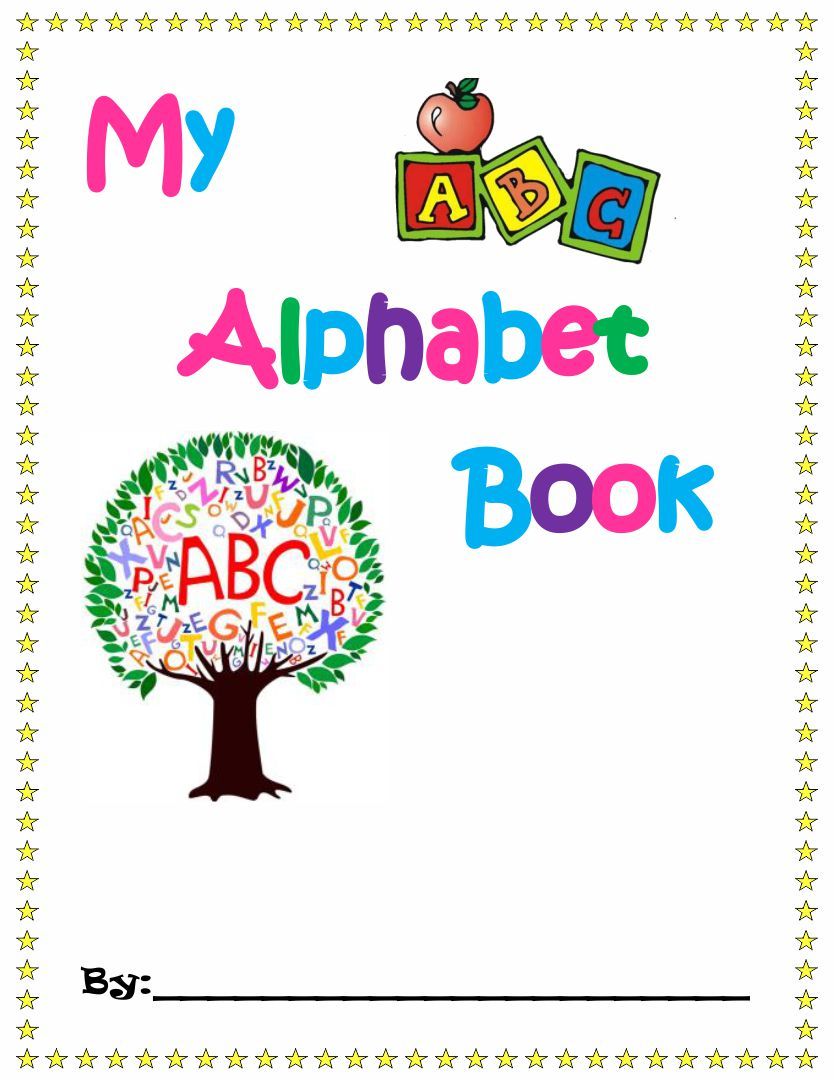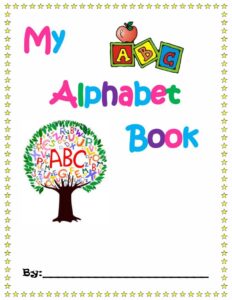“Mastering English Tenses: A Comprehensive Guide for Beginners”
Mastering English Tenses: A Comprehensive Guide for Beginners
Understanding English tenses is essential for effective communication, whether you’re speaking or writing. English tenses allow us to describe actions in terms of time—when something happens, happened, or will happen. This article breaks down the three main tenses in English—present, past, and future—and provides clear examples and tips to help you use them accurately in everyday situations.
1. The Present Tense
The present tense is used to describe actions that are happening now or regularly occur.
- Simple Present: Used for facts, habits, and routines.
- Example: “She works at a bank.”
- Tip: Use the base form of the verb for all subjects except third-person singular (he, she, it), where you add an “s” or “es.”
- Present Continuous (Progressive): Used for actions happening right now or for future plans.
- Example: “I am studying English.”
- Tip: Formed with “am/are/is” + verb+ing.
- Present Perfect: Used for actions that happened at an unspecified time and are still relevant.
- Example: “I have visited Paris.”
- Tip: Use “have/has” + past participle of the verb.
2. The Past Tense
The past tense is used to describe actions that have already happened.
- Simple Past: Describes completed actions in the past.
- Example: “I watched a movie yesterday.”
- Tip: Regular verbs add “-ed,” while irregular verbs have unique forms (e.g., “go” becomes “went”).
- Past Continuous: Describes actions that were ongoing in the past.
- Example: “I was reading when you called.”
- Tip: Formed with “was/were” + verb+ing.
- Past Perfect: Describes an action that was completed before another past action.
- Example: “I had finished my homework before I went to bed.”
- Tip: Use “had” + past participle of the verb.
3. The Future Tense
The future tense describes actions that will happen.
- Simple Future: Used for predictions or promises about the future.
- Example: “I will visit my parents next weekend.”
- Tip: Use “will” + base form of the verb.
- Future Continuous: Describes an action that will be happening at a specific time in the future.
- Example: “I will be studying at 8 PM.”
- Tip: Formed with “will be” + verb+ing.
- Future Perfect: Describes an action that will be completed before a specific point in the future.
- Example: “I will have finished the book by tomorrow.”
- Tip: Use “will have” + past participle of the verb.
4. Tips for Mastering English Tenses
- Practice with Context: Always practice tenses within the context of sentences to understand their use better.
- Focus on Regular and Irregular Verbs: Mastering these will make it easier to form correct sentences in the past tense.
- Watch TV Shows and Movies: Pay attention to how native speakers use tenses in everyday conversation.
- Use Timelines: Visualizing tenses on a timeline can help you understand their chronological relationships.
- Avoid Overthinking: The more you practice, the more natural tense usage will become.
Conclusion
Mastering English tenses can seem overwhelming at first, but with practice and understanding, it becomes second nature. By focusing on the present, past, and future tenses and learning how and when to use them, you will be able to express yourself more clearly and confidently in English. So, keep practicing, and don’t be afraid to make mistakes—they’re part of the learning process!




Post Comment